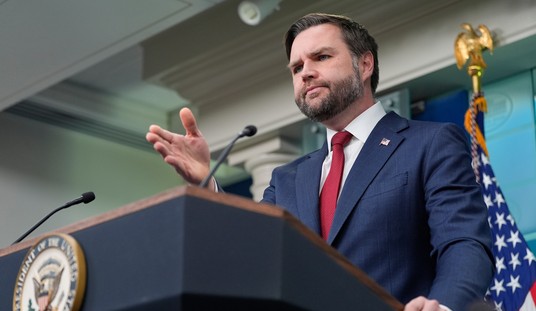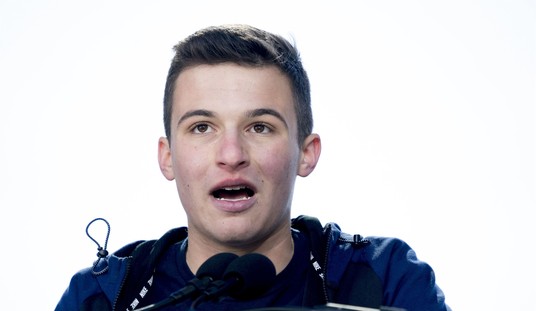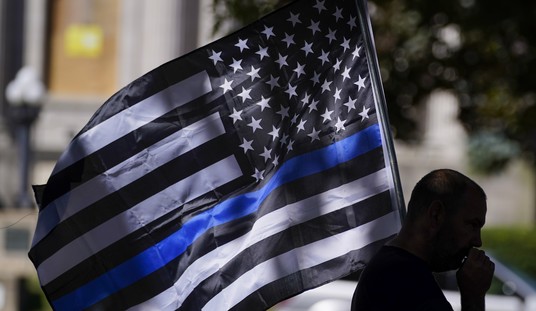The Justice Department complaint against the sleepers can be found here, one devoted to Anna Chapman and Mikhail Semenko and the other to their associates. The first describes their overall mission, how they communicated via a mobile wi-fi router built into a laptop rigged to connected only to certain MACs and how they were stung by agents Undercover 1 and Undercover 2. The second PDF describes what the agents of influence did. I’ve copied excerpts below.
Mission
You were sent to USA for long-term service trip. Your education, bank accounts, car, house etc — all these serve one goal: fulfill your main mission, i.e. to search and develop ties in policymaking circles in US and send intels [intelligence reports’ to C[enter].
Boston cell
[April 2006] gathering information regarding, among other things, United States policy with regard to the use of the Internet by terrorists, United States policies in Central Asia, problems with United States military policy, and “western estimation of [Russian] foreign policy. … [May 2006] focused on turnover at the head of the CIA and the 2008 U.S. Presidential election. This information was described as having been “received in private conversation with [name omitted’, former legislative counsel for US Congress, specialist in [information omitted], member of faculty in economics of [information omitted],. Has contacts within Congress and policymakers of Washington.”
[Sept 2005] ‘Dv.’ has “established contact” with a particular person. That person is a former high-ranking United States Government national security official, whose name is provided in the September 23 message … [Dec 3, 2003] “During the seminar at [location omitted] Dv made contacts w. [name and title omitted] working for [a United States Government research facility, name omitted] in [geographical location of facility, name omitted’. He works on issues of strategic planning related to nuclear weapons. Dv. had conversations with him about research programs on small yield high penetration nuclear warheads recently authorized by US Congress (nuclear ‘bunker-buster’ warheads).” …
[2007]”Got your note and signal … agree with your proposal to use ‘Farmer’ to start building network of students in DC. Your relationship with ‘Parrot’ looks very promising as a valid source of info from US power circles. To start working on him professionally,we need all available details on his background, current position, habits, contacts opportunities, etc … Plus you should observe our security rules and recommendations in working with contacts … Agree with you [sic] proposal to keep relations with ‘Cat’ [the same person mentioned in the September 23 message above] but watch him.”
New Jersey cell
[Spring 2009] “[i]nfo task” from the spring of 2009, in advance of “Obama’s visit to [Russia], ” … information on the U.S. position with respect to a new Strategic Arms Limitation Treaty, Afghanistan and Iran’s nuclear programs. Moscow Center indicated that it “needs intels (related to this [sic] topics) which should reflect approaches and ideas of ‘[Russia] policy team member’: [four names of sub-cabinet United States foreign policy officials, omitted]. Try to outline their views and most import Obama’s goals which he expects to achieve during summit in July and how does his team plan to do it (arguments, provisions, means of persuasion to ‘lure’ [Russia] into cooperation in US interest).”
…[Feb 3, 09] “had work-related personal meetings with [a prominent New York-based financier, name omitted] and was assigned his account” … “financier prominent in plitics,” “an active fundraiser for [a major political party, name omitted],” and “a personal friend of a [a current Cabinet official, name omitted]. A response from Moscow Center indicated that the financier “is checked in C’s database – he is clean. Of course he is a very interesting ‘target’. Try to build up little by little relations with him … maybe he can provide … with remarks are US foreign policy … White House internal ‘kitchen’ …
[Oct 18] “vital for R, highlighting US approach and providing comments made by local expert (political, economic) scientist’s community. Try to single out tidbits unknown but revealed in private by sources close to State department, Government, major think tanks.”
[October of 2009] “Info: on gold” …
[December 2009] “strengthen … ties w. classmates on daily basis incl. professor who can help in job search … collect information on certain university associations … students who apply (or are hired already) for a job at CIA …
[Jan 19, 2010] “a job with a private sector entity that would involve ‘lobbying’ … concerned “might require an extended background check.”
The NYT questions the value of sleeper cell and answers the question of why the FBI, having identified its members, did not simply play back the cell on their Russian controllers. Apparently something suggested to the Feds that the sleepers would get away.
The alleged agents were directed to gather information on nuclear weapons, American policy toward Iran, C.I.A. leadership, Congressional politics and many other topics, prosecutors say. The Russian spies made contact with a former high-ranking American national security official and a nuclear weapons researcher, among others. But the charges did not include espionage, and it was unclear what secrets the suspected spy ring — which included five couples — actually managed to collect.
After years of F.B.I. surveillance, investigators decided to make the arrests last weekend, just after an upbeat visit to President Obama by the Russian president, Dmitri A. Medvedev, said one administration official. Mr. Obama was not happy about the timing, but investigators feared some of their targets might flee, the official said.
The NYT maybe mistaken in thinking the only useful kinds of subversives are those who take pictures of blueprints with Minox miniature cameras. Agents who can influence policy at the direction of foreign intelligence important too. The pattern is clear. These sleepers were to do mostly what policy wonks, journalists, lobbyists and activists routinely did. The Russians worked to use the sleepers as spotters, semi-open source intel gatherers and influence peddlers. One of the interesting aspects of the modus operandi is that the distinction between their tasks at the behest of a foreign power and what activists might ordinarily do is pretty small. They met people and influenced options — that’s what people in policy circles do! This espionage case raises the question: if the behavior of Russian agents is outwardly no different from people who are practicing the “highest form of patriotism” what is the difference between the two? When the question: ‘whose side are you on?’ ceases to be a legitimate test of patriotism, how is treachery defined? Outwardly the sleepers did for love of the Rodina what many would do out of resentment toward their own country. Maybe the Russians will eventually return home to a medal. They knew at all events, whose side they were on.
Some people have no doubts.
[youtube jpc85CyKI6w&hl=en_US&fs=1]










Join the conversation as a VIP Member